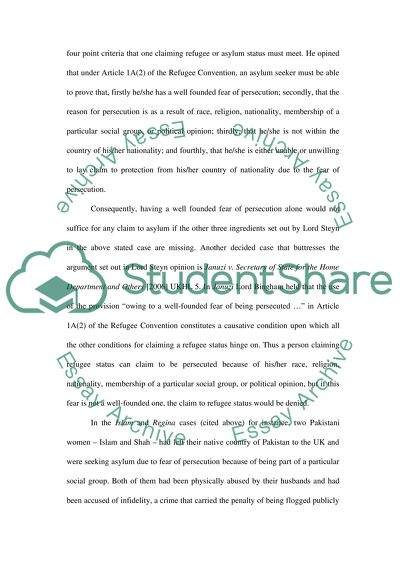Cite this document
(“Immigration and Asylum Law Essay Example | Topics and Well Written Essays - 2500 words”, n.d.)
Retrieved from https://studentshare.org/law/1502741-immigration-and-asylum-law-essay
Retrieved from https://studentshare.org/law/1502741-immigration-and-asylum-law-essay
(Immigration and Asylum Law Essay Example | Topics and Well Written Essays - 2500 Words)
https://studentshare.org/law/1502741-immigration-and-asylum-law-essay.
https://studentshare.org/law/1502741-immigration-and-asylum-law-essay.
“Immigration and Asylum Law Essay Example | Topics and Well Written Essays - 2500 Words”, n.d. https://studentshare.org/law/1502741-immigration-and-asylum-law-essay.


